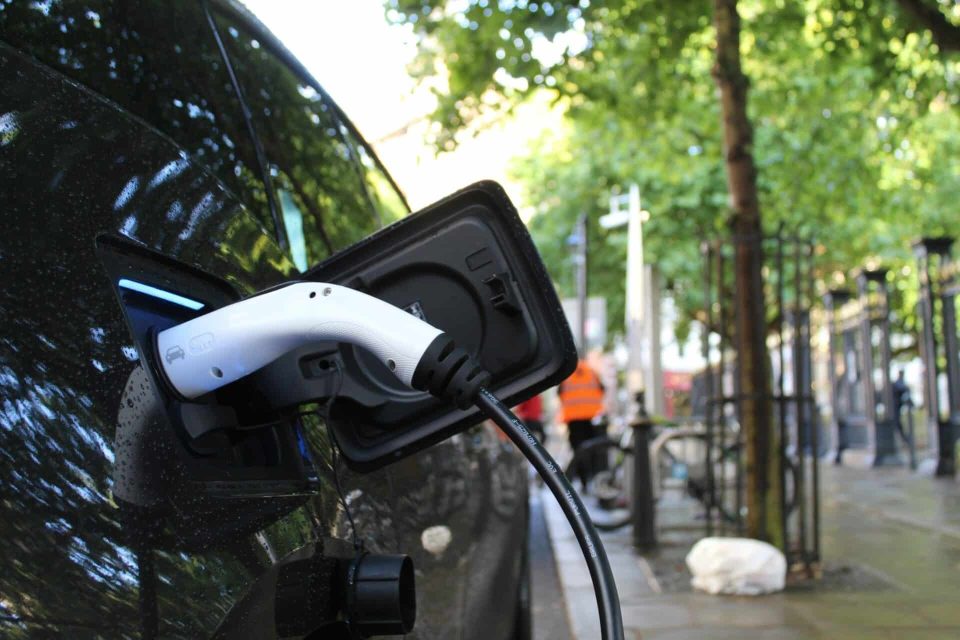Electric vehicle (EV) adoption in Nigeria is growing fast, as there are now an estimated 15,000 to 20,000 vehicles on Nigerian roads so far in 2025, according to Climate Scorecard.
Local companies are playing a crucial role in this transition. NEV Electric, for instance, has reported $14 million in revenue over the past 14 months and plans to install 300 charging stations in Abuja and Lagos by August 2025.
The company aims to manufacture 2,000 high-capacity EVs and 10,000 micro EVs by the end of 2025, contributing significantly to the local EV ecosystem.
Spiro, another Nigerian EV company known for manufacturing EV bikes, also claims to have shipped 22,000 bikes. The company, which recently raised $50 million in debt financing, plans to deploy 140,000 bikes in Uganda within five years and 1.2 million in Kenya.
Despite these efforts, challenges persist. The high upfront cost of EVs remains a barrier for many potential buyers, and the limited charging infrastructure poses concerns about the practicality of EV ownership.
However, government initiatives, such as tax incentives and import duty exemptions, are designed to make electric vehicles more accessible and encourage manufacturers to invest in the Nigerian market.
The Nigerian electric vehicle market is projected to grow at a compound annual growth rate (CAGR) of 6.8% from 2025 to 2031, driven by increasing environmental awareness, technological advancements, and supportive government policies.
Meanwhile, Nigeria is stepping up its climate action with a bold pledge to ensure that all new cars and vans sold in the country are zero-emission by 2040.
This aligns Nigeria with global efforts to combat climate change under the COP26 Zero Emission Vehicle Declaration, which includes over 30 countries committed to phasing out fossil fuel vehicles.
Join 30,000 other smart people like you
Join 30,000 other smart people like you
Get our fun 5-minute roundup of happenings in African and global tech, directly in your inbox every weekday, hours before everyone else.
Nigeria’s target is part of its broader strategy to meet its Nationally Determined Contributions (NDCs) under the Paris Agreement, which include slashing greenhouse gas emissions by 20% unconditionally and up to 47% with international support by 2030.
As the country works towards its 2040 zero-emission target, continued investment in infrastructure and consumer education will be essential to accelerate EV adoption.
